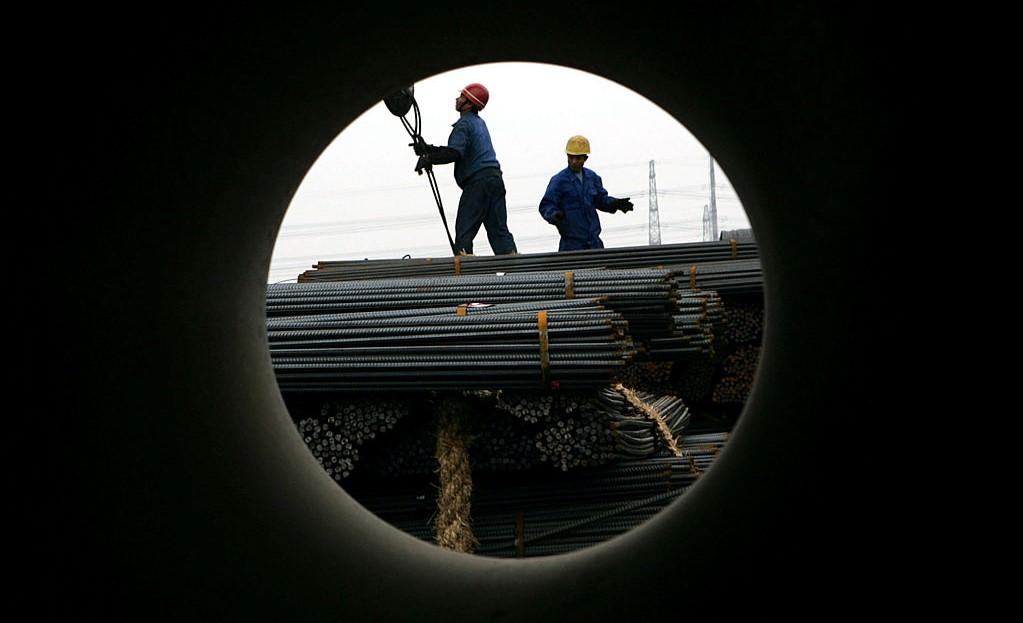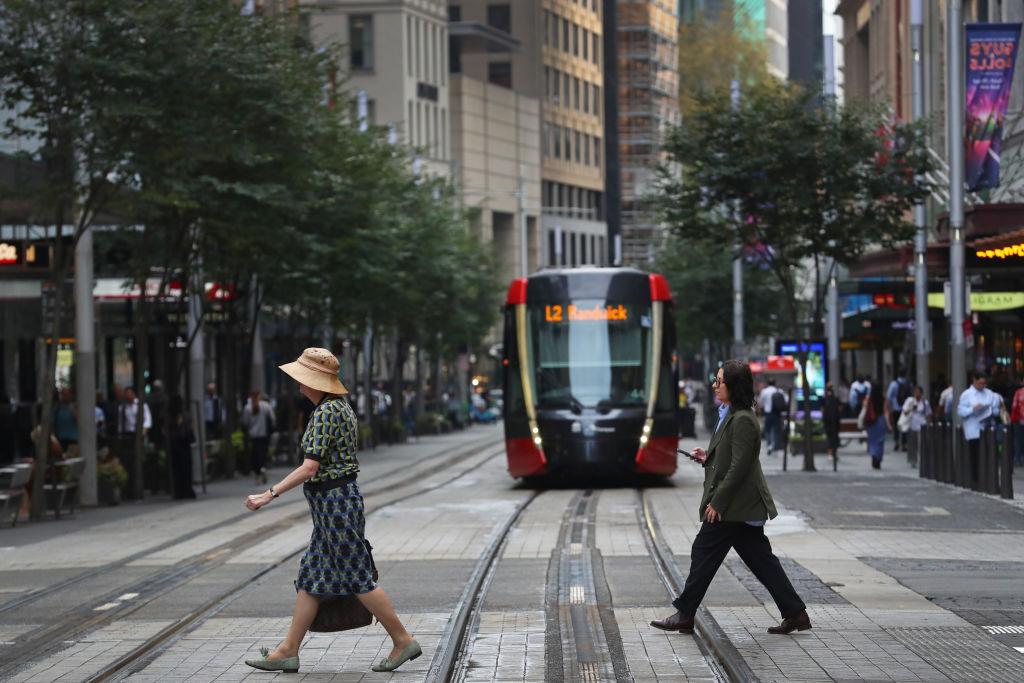Analysts agree that Australian iron ore exports will not be affected by U.S. President Joe Biden’s proposal to triple the 7.5 percent tariff rates on Chinese steel imports in an effort to safeguard the industry from unfair practices.
“We do not expect proposed tariffs by the United States on Chinese steel imports to impact Australian iron ore exports,” a spokesperson of global metal mining company, Fortescue, told the Epoch Times.




